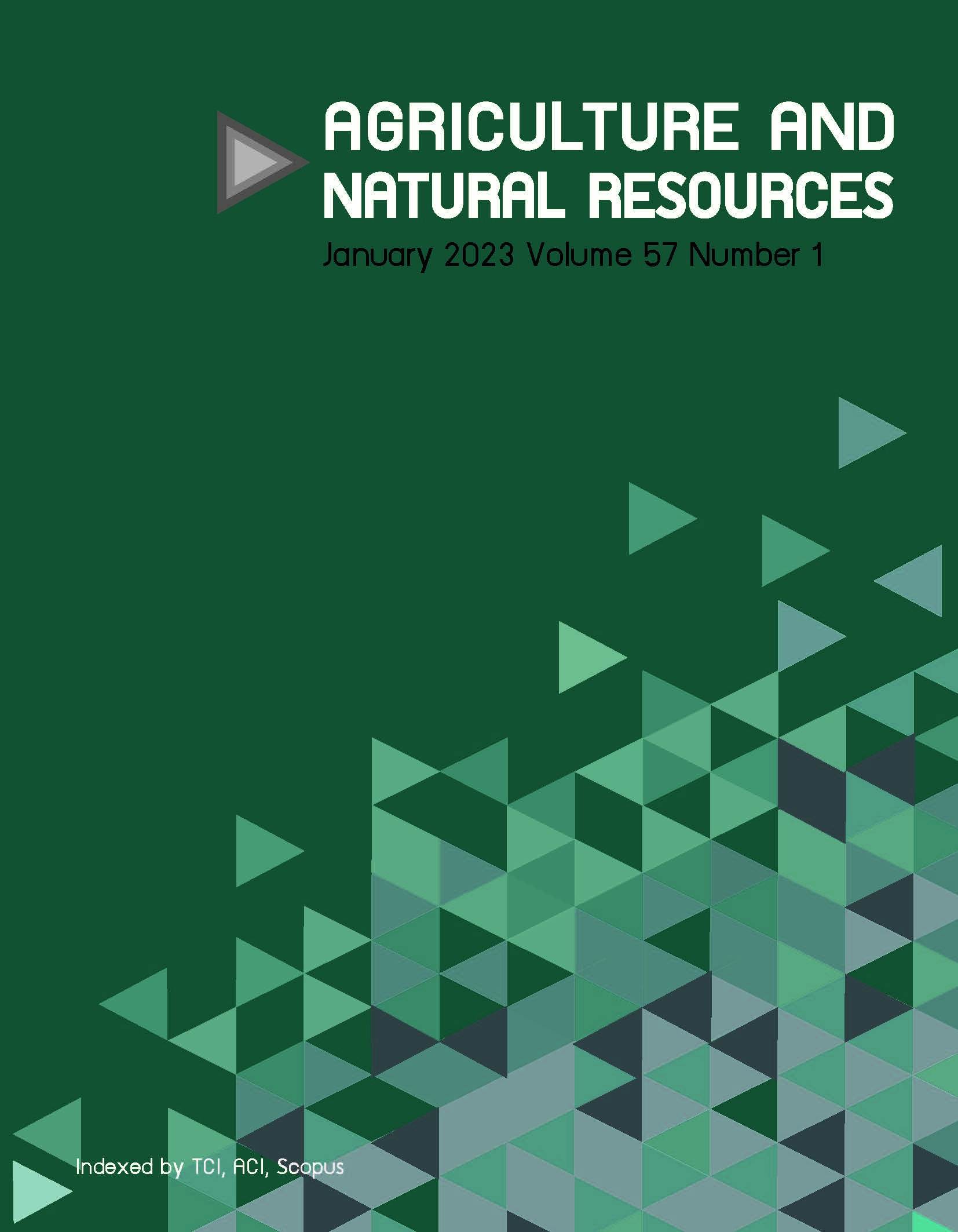The Bio-Circular Green Economy model in Thailand – A comparative review
Keywords:
BioCircular (BCG) Model, Biocircular economy, Bioenergy, Sustainable economy, Renewable energyAbstract
Importance of the work: Thailand is seeking to develop a Bio-Circular-Green (BCG) economic solution to mitigate the effects of CO2 emissions.
Objectives: To understand the strategic activities required to lead Thailand to a future sustainable bio-circular economy in comparison with other countries.
Materials & Methods: Data was collected from journals, literature reviews and on-line reports. Impacts on a BCG economy are analyzed by SWOT analysis for economic, environmental and energy impacts. The results inform the conclusions, recommendations on policy, R&D and future work.
Results: Thailand and many countries are moving towards a circular economy and sustainable development. The elimination of waste and the use of renewable resources are important for future consumption and the wellbeing of the people. The Bio-Circular-Green (BCG) Economy Action Plan is a good example of moves to create innovation and to drive the economy into a future “new normal” environment. Implementation needs concrete projects, suitable initial funding and industry incentives: time is short. Actions toward a more sustainable future must also recognize and share good practice. Enhancing networking between countries and regions benefits the citizens, communities, public and private sectors and helps to create income. R&D projects have to be capable of pushing forward regional, national and global goals.
Main findings: Thailand and other countries have policies to develop a BCG economy. However, they differ in approach and application and require better international co-ordination and understanding.
Downloads
Published
How to Cite
Issue
Section
License
Copyright (c) 2023 Kasetsart Universityonline 2452-316X print 2468-1458/Copyright © 2022. This is an open access article under the CC BY-NC-ND license (http://creativecommons.org/licenses/by-nc-nd/4.0/),
production and hosting by Kasetsart University of Research and Development Institute on behalf of Kasetsart University.







